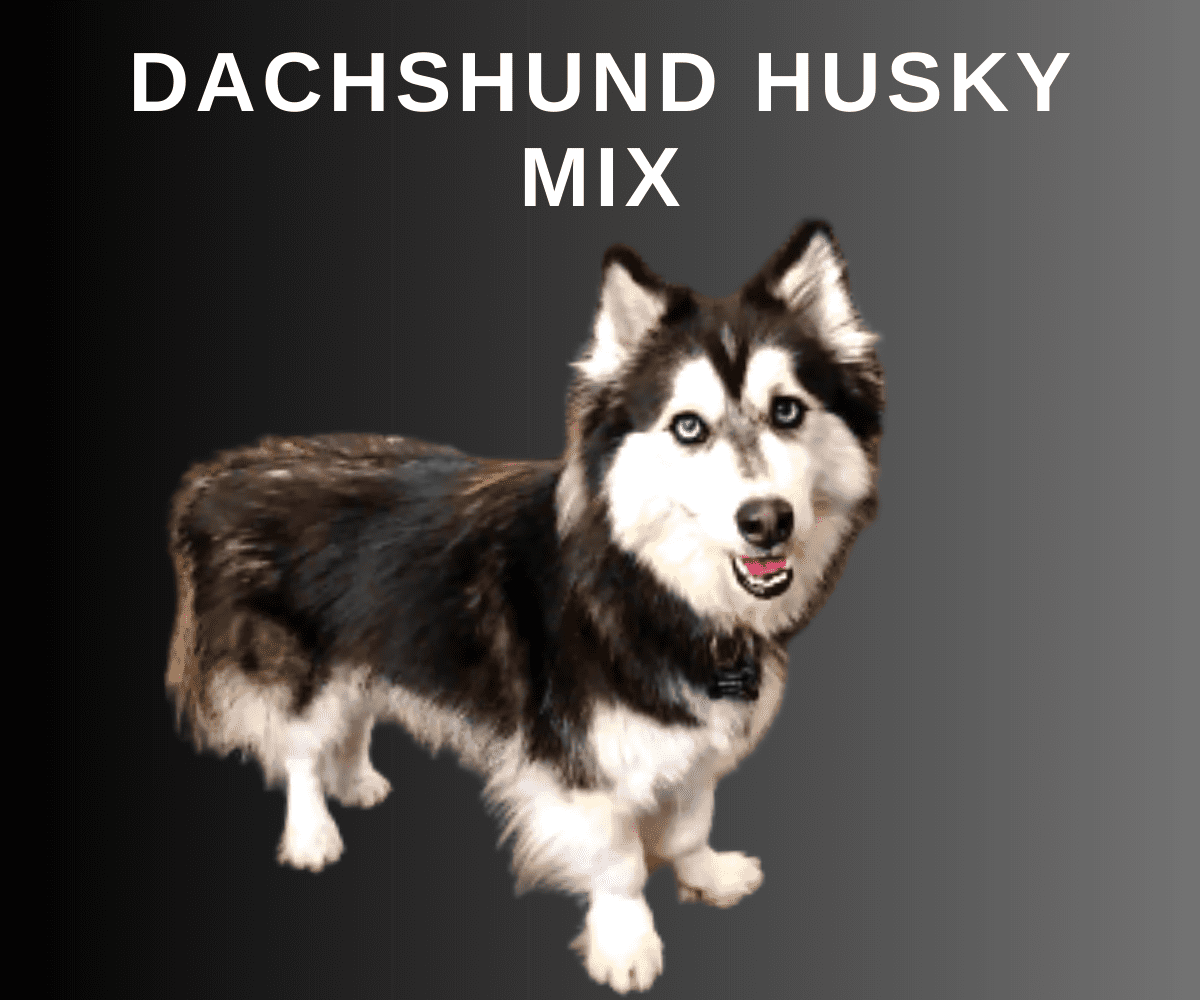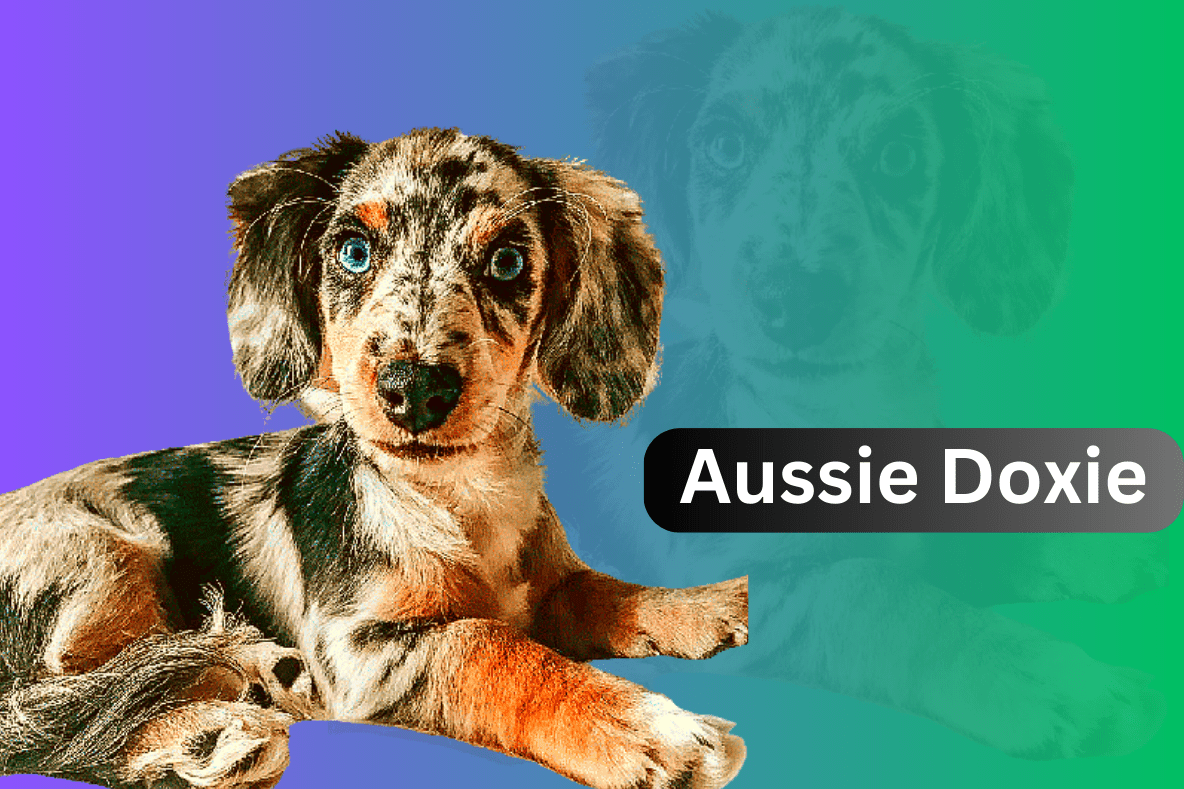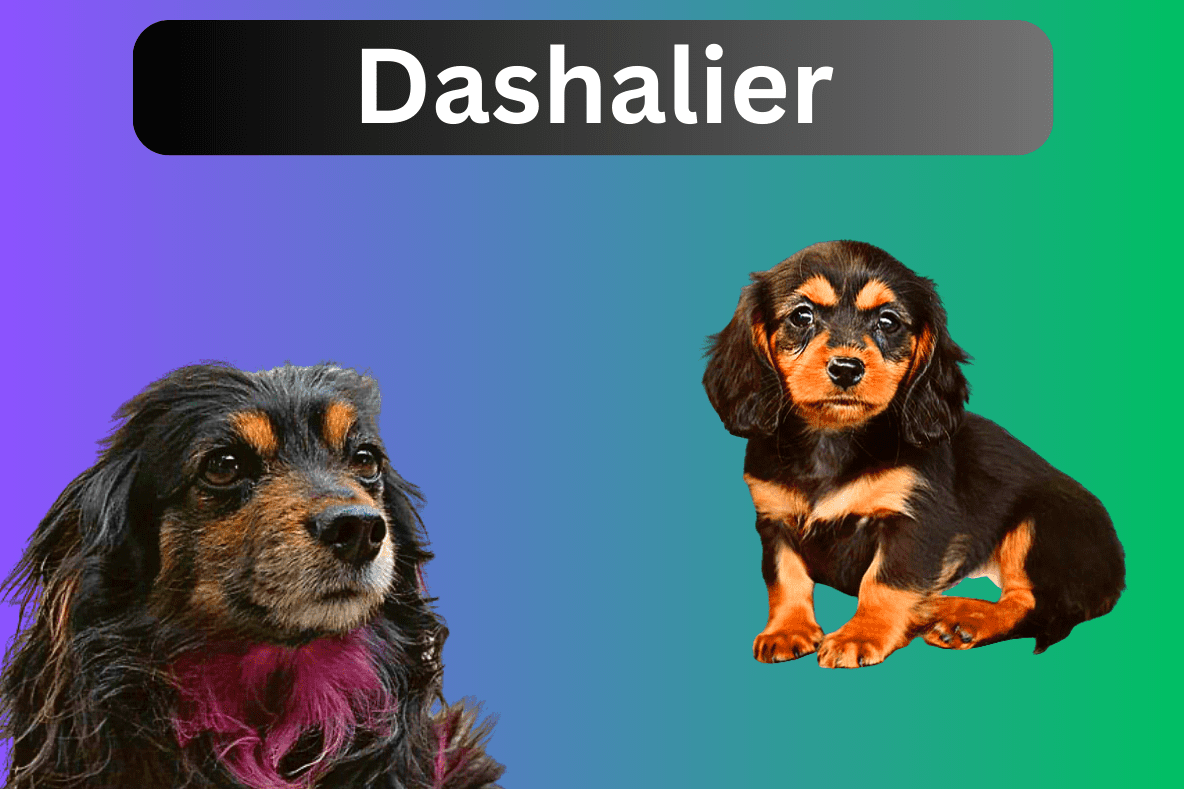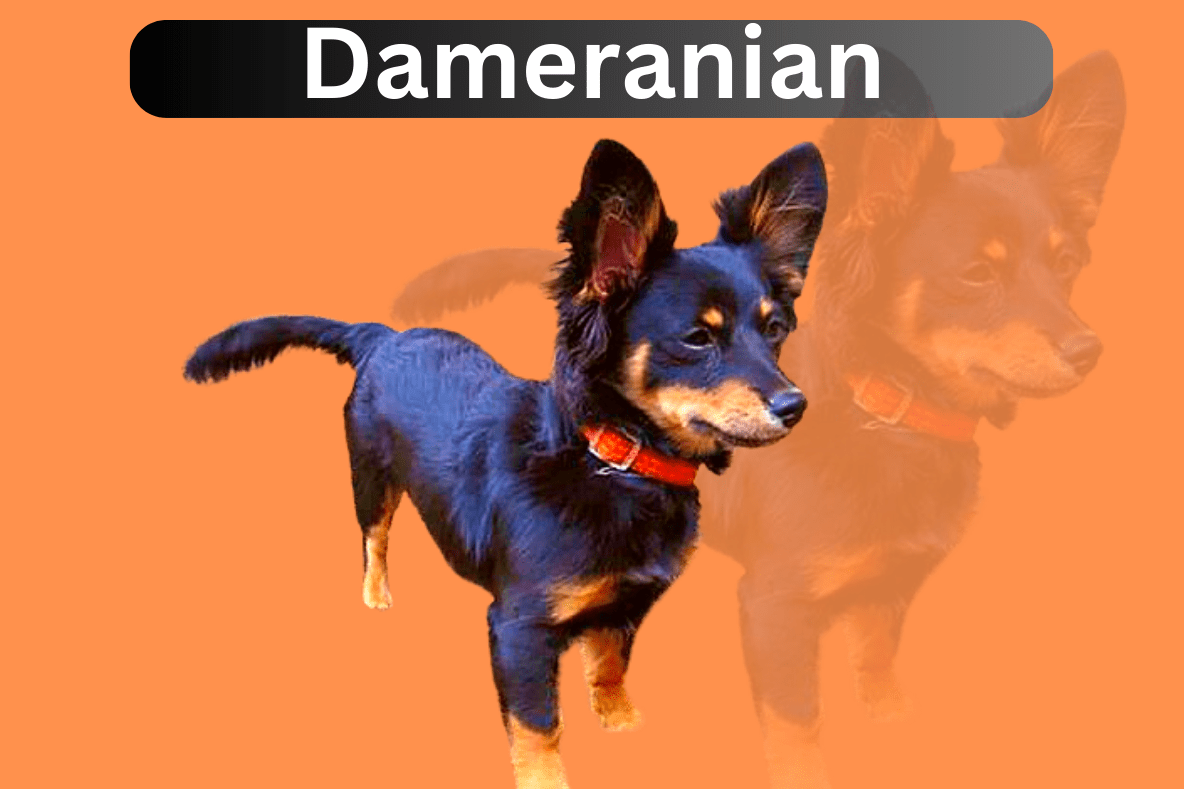The Dachshund and Siberian Husky mix, also known as the Dusky, is a relatively rare designer breed that combines the traits of two very different breeds.
The Dachshund is a small breed with a long, low-slung body and short legs, originally bred in Germany to hunt badgers.
The Siberian Husky is a medium to large breed with a thick coat and strong, athletic build, originally bred in Siberia to pull sleds over long distances. As a mixed breed, the Dusky can inherit any combination of traits from its parent breeds.
In general, Duskies are medium-sized dogs with long bodies and short legs, similar to the Dachshund. They typically have a thick coat like the Siberian Husky, but the texture and color can vary widely.
In terms of temperament, Duskies can also inherit traits from both parent breeds. Dachshunds are known for being loyal and affectionate with their families but can be stubborn and difficult to train. Siberian Huskies are typically friendly and outgoing but can be independent and have a high prey drive.
Overall, Duskies can make great pets for the right owner who is willing to invest the time and effort into training and socializing them properly.
They can be good with children and other pets if socialized early but may have a tendency to chase small animals due to their hunting instinct. Additionally, their thick coat will require regular grooming to keep them in good condition.
Dusky Traits
| Characteristics | Dusky |
|---|---|
| Origins | United States |
| Size | Medium |
| Weight | 45-70 pounds |
| Height | 20-25 inches |
| Group | Working |
| Popularity Rank | Not yet recognized by AKC |
| Reviews | Limited |
| User Ratings | N/A |
| Breed Type | Crossbreed (Siberian Husky x Dachshund) |
| Price | $600-$1500 |
| Availability | Moderate |
| Coat / Hair Types | Double Coat, Medium Length |
| Color | Black, Brown, Grey, White |
| Grooming | Moderate |
| Shedding Level | Moderate to High |
| Bath Time / Bathing Frequency | Every 6-8 weeks |
| Intelligent Rank | Above Average |
| Trainability | Moderate |
| Sensitivity Level | Moderate |
| Affection Level | High |
| Social Needs | Moderate to High |
| Barking | Moderate |
| Watchdog Ability | High |
| Guarding Behavior / Territorial | Moderate |
| Biting Potential | Low |
| Mouthiness | Low |
| The impulse to Wander or Roam | Moderate |
| Apartment Friendly | Moderate |
| Adaptability | Moderate to High |
Dusky Characteristics
The Dusky is a medium-sized dog breed, typically weighing between 40 to 60 pounds and standing around 20 to 24 inches tall at the shoulder.
These dogs have a muscular build, thick double coats, and a striking appearance with a mix of husky and Labrador features.
Their coat colors range from black, grey, or brown with white markings on their chest and paws. They have friendly and alert expression with bright eyes and erect ears.
Dusky Temperament
The Dusky is a friendly and affectionate breed, known for its loyalty and playful nature. They are energetic and love to be around their family, making them great companions for active households.
Duskies are also known for their intelligence, making them easy to train and eager to learn. They are good with children and other pets, making them great family dogs.
Dusky Care
The Dusky has a thick double coat that requires regular brushing to prevent matting and shedding. They should be bathed as needed to keep their coat clean and healthy.
Regular grooming can also help maintain their skin and coat health. Additionally, their nails should be trimmed regularly, and their ears should be checked and cleaned to prevent infection.
Dusky Socialization
Socialization is crucial for Duskies, especially during their early puppyhood. They should be exposed to different people, animals, and environments to help them become well-adjusted and confident adult dogs. Socialization can help prevent anxiety and aggression issues in adulthood.
Dusky Training
Duskies are highly intelligent and trainable dogs. They respond well to positive reinforcement training techniques such as treats and praise.
Early training can help establish boundaries and prevent unwanted behaviors. Duskies also love physical activities, making them great candidates for obedience training, agility, and other forms of canine sports.
Dusky Health Concerns
Like all breeds, Duskies are prone to certain health conditions. The most common health concerns for Duskies include back problems, eye problems, and hip dysplasia.
Dusky Back Problems
Duskies are prone to developing back problems such as intervertebral disc disease (IVDD). This condition can cause pain, paralysis, and even death in severe cases.
To prevent this, it is crucial to maintain a healthy weight and avoid activities that can put a strain on their back, such as jumping from heights or overexerting themselves during play.
Eye Problems
Duskies are also prone to developing eye problems such as cataracts, progressive retinal atrophy (PRA), and corneal dystrophy. These conditions can lead to vision loss and even blindness. Regular eye exams can help detect and manage these conditions early on.
Hip Dysplasia
Hip dysplasia is a common genetic condition in many dog breeds, including the Dusky. This condition occurs when the hip joint is malformed, leading to pain and mobility issues.
To prevent this, it is crucial to maintain a healthy weight, provide low-impact exercise, and avoid overexertion.
Conclusion
In conclusion, the Dusky is a unique and attractive breed that makes a great companion for active households.
They have a friendly and affectionate temperament, are highly trainable, and require regular care and socialization.
Like all breeds, they are prone to certain health concerns that can be managed with proper care and attention




